A top-level confrontation turned into a hot topic among fans due to refereeing decisions. Is this fair judgment or does it affect fairness? On the CBA court, every encounter is about honor, and this match between Shanghai and Liaoning men's basketball teams is no exception.
In the end, Shanghai lost to their opponents 114-117, with their winning streak ending at 16 games. The game was intense enough to be recorded in the annals of the CBA, but the controversial decision to penalize Bradley in the crucial moment pushed topics beyond victory and defeat to the forefront.

In such circumstances, Shanghai's head coach, Lu Wei, chose a cold approach, expressing regret with calmness and humility; but is the fundamental reason really with the referees?
Bradley was almost unstoppable in the game, scoring 28 points with 10 out of 13 shots, not only as the offensive engine of Shanghai but also as the core contributor to a series of victories.
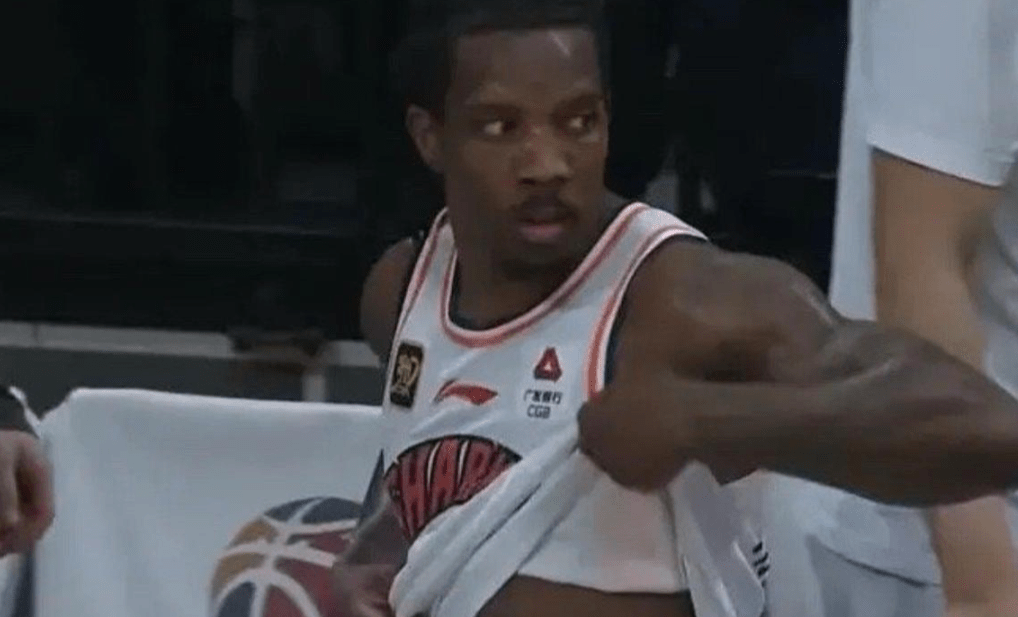
As one of the top-performing foreign players in the current CBA, Bradley averaged 24.3 points, 6.7 assists, and 5.2 rebounds this season, almost single-handedly carving out the "dark horse" image of Shanghai.
However, not only were there multiple fouls called against his offense during the game, but he was also directly sent off with six fouls in the "diving foul" decision. This decision not only stunned Bradley but also caused the situation of the game to change dramatically.
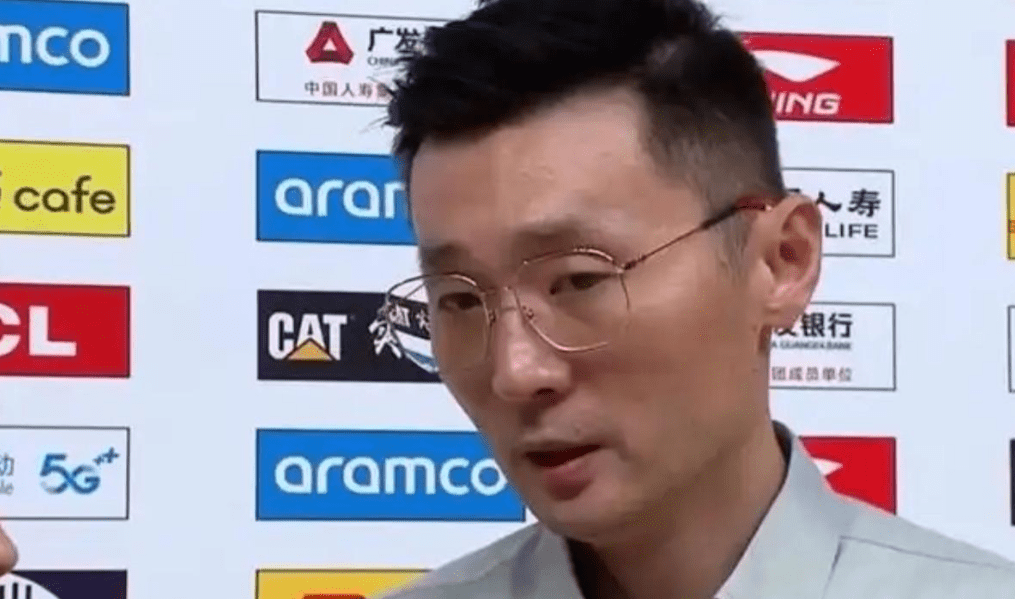
The Shanghai team, which was still in a critical moment of biting points, lost Bradley, like a kite that had lost its string, completely losing the chance to level the score. Liaoning seized the initiative and stabilized their performance with the demeanor of a strong team to lock in the victory.
Imagine if Bradley could have persisted until the last minute, would the outcome of the game have been rewritten? But on the court, there are no "ifs," and Bradley's gloomy departure became the most controversial iconic scene of this peak confrontation.
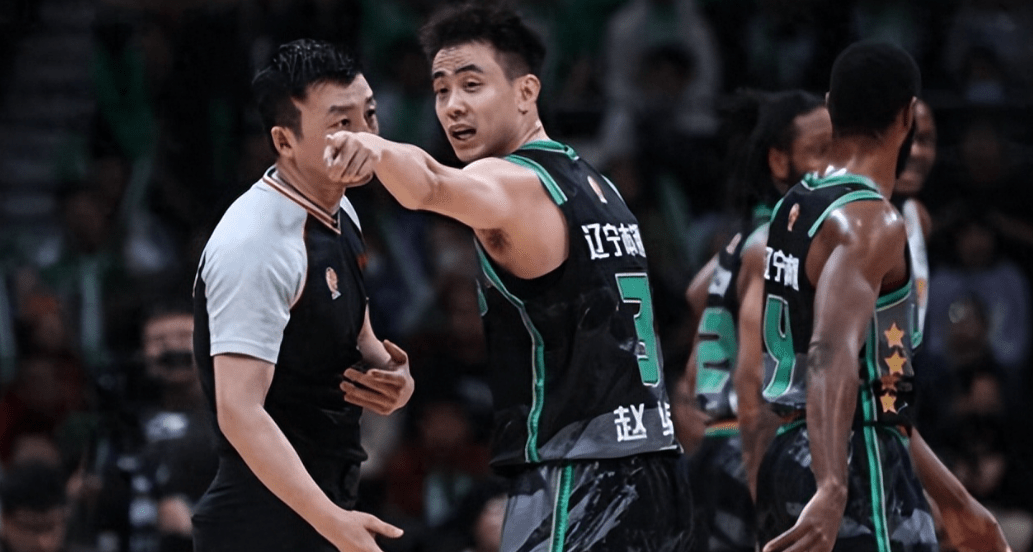
Undeniably, Liaoning men's basketball team was the winner of this battle. Behind the victory, they demonstrated the depth and resilience of being the defending champions. After Bradley left the court, the outcome of the game was once shrouded in suspense, and Liaoning did not win easily either.
In the last few minutes, Ferg stood up, scoring four points in a row in the key moments, taking over the game and stabilizing the situation. This kind of heroic performance in "life-and-death moments" has been shown countless times by Liaoning last season, and this time their calm handling was once again vivid.
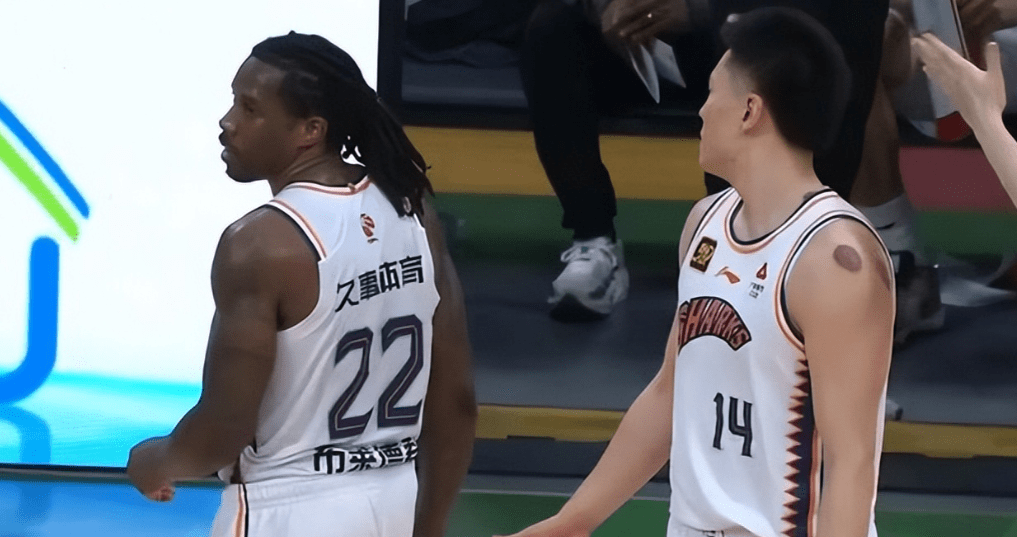
It should be known that winning high-level games never relies solely on physical fitness but tests more on-site adjustments and emergency response capabilities. In this regard, Liaoning is indeed much more mature than Shanghai, who established a winning streak.
After winning, they still maintained a low profile, without too much celebration, but instead focused their attention on the next game. This attitude of "calmness and determination" does indeed have the flavor of a defending champion.
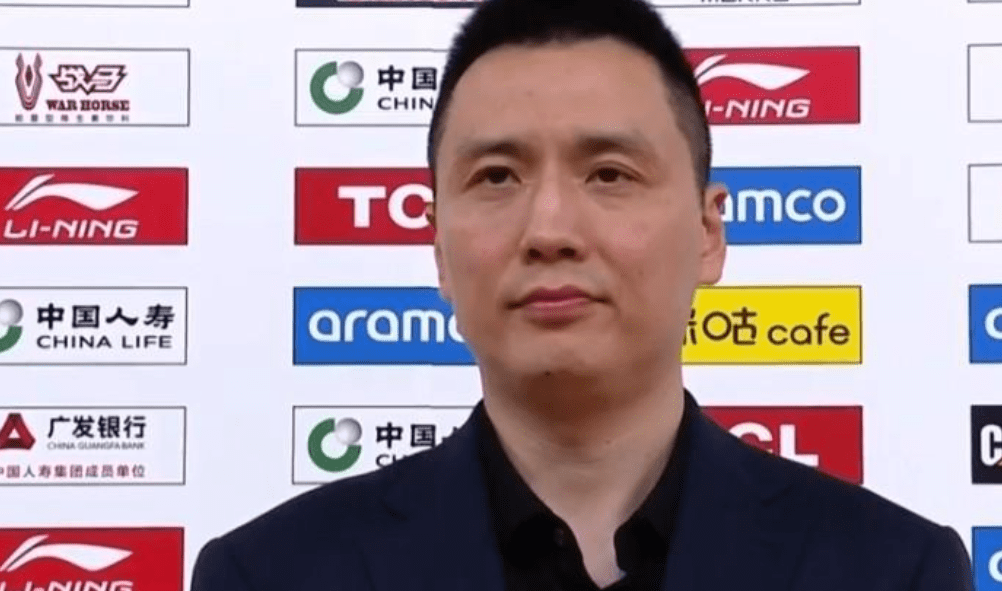
If we say that in the game between Liaoning and Shanghai, the refereeing factor stirred people's emotions, then similar scenes are not just once. Not long ago, there was also a refereeing controversy in the game between Xinjiang and Shandong.
At that time, Xinjiang's young player Zhao Rui was judged for a flagrant foul due to an action problem, causing strong dissatisfaction. Even Xinjiang's head coach Liu Wei lost control of his emotions and publicly questioned the referee's excessive leniency towards Shandong players after the game, making the game situation tilt towards the opponent. Behind these doubts, many fans began to suspect whether the referees have become invisible arbiters of a game?

Of course, referees are not gods and can make mistakes. However, in key games, or even games that may determine the direction of the season, the consequences of the referee's mistakes being magnified may far exceed expectations.
For professional leagues like the CBA, how much discretion the referees have has always been a focus of controversy among the media and fans.

Some biased standards will directly affect the drama and fairness of the game, not only creating differences between the winners and losers but also affecting the game's watchability. In response, some people have called for an official comprehensive review of controversial decisions and further improvement of the accuracy of refereeing through technical means.
Conflicts on the court continue, and discussions outside the court have not stopped. So, in the face of refereeing issues, what is the wise way for coaches and teams to respond?
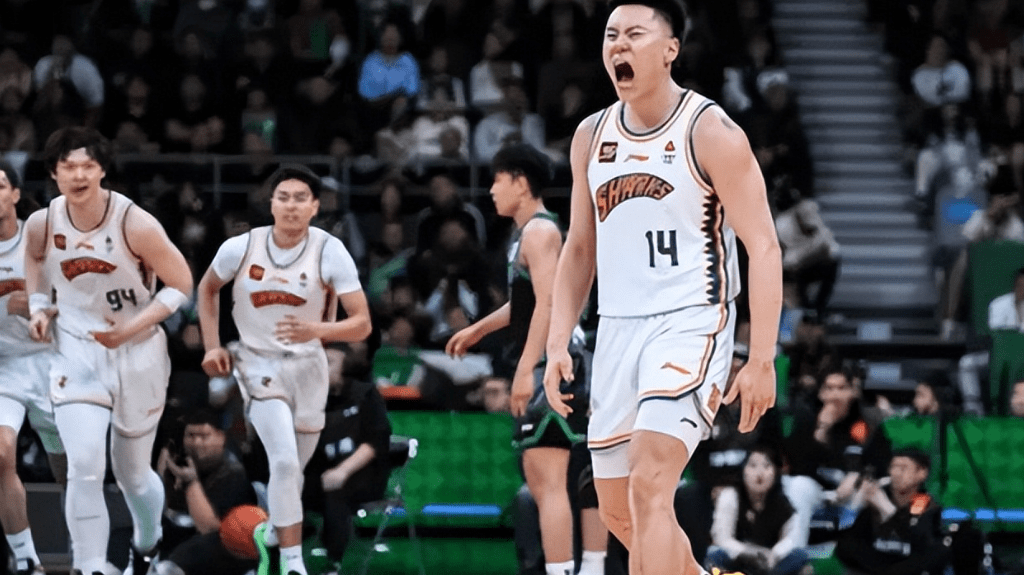
Returning to the game between Liaoning and Shanghai. After the game, Shanghai's head coach Lu Wei's words were unexpectedly calm. He said that this game was a learning opportunity, and the team could draw experience from Liaoning.
This demeanor reminds people of his persistent attitude as a player and also demonstrates the big picture view of a young coach. It is worth noting that Lu Wei did not overly criticize the referees but chose to solve the problem internally, showing a sense of acceptance of the result and focus on the future.
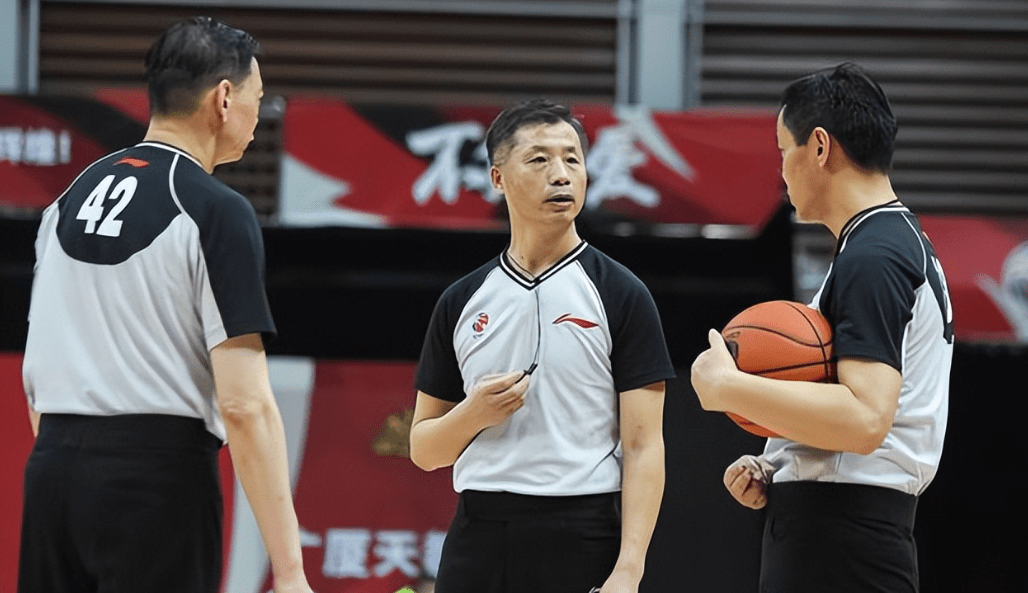
In contrast, Xinjiang's head coach Liu Wei was emotionally agitated after the team's defeat, directly attacking the referees in the interview and bluntly stating that the decision damaged the fairness of the game.
Two young coaches, different attitudes, also convey different messages. Although Liu Wei's approach might temporarily vent the team's dissatisfaction, overly emotional expressions may pose some hidden dangers to the team's long-term development and even be misunderstood by outsiders as "unable to accept defeat."
In comparison, Lu Wei's approach is obviously more conducive to the team's future continuous growth. After all, the essence of the game is still determined on the court, and over-reliance on external factors to explain defeats brings more negative effects.
Despite the end of the winning streak, Shanghai men's basketball team is still one of the brightest teams in the CBA this season. From the 16-game winning streak to the tussle with Liaoning in this game, Shanghai's performance is enough to be recorded as a highlight of the season, which is inseparable from the full contribution of foreign players like Bradley and Lofton, as well as the growth of the team's local players.
Compared with the previous season, Shanghai men's basketball team has made significant upgrades in terms of morale and tactical play. If they can further strengthen their lineup depth and strive for excellence in details, they will continue to show their dark horse potential in the playoffs and may even challenge for the championship.
The game is over, but the controversy will continue; the winning streak has ended, but Shanghai's highlights will not stop here. Beyond the "uncontrollable variable" of the referees, it is more important to grasp controllable growth opportunities. Whether it is refining the rules of refereeing or optimizing the way coaches respond in the future, it needs to take events, fairness, and competition as the starting point.
This time, Liaoning laughed to the end; will it be the same next time?